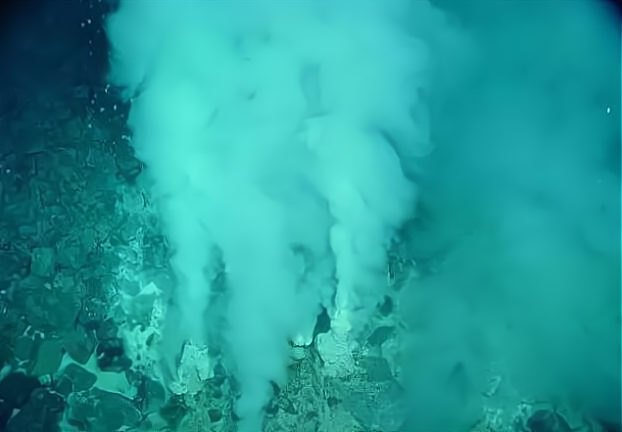Despite the fact that around 70% of the earth's surface is covered by oceans, there is not really as much water on the planet as one might think. The average depth of the earth's oceans is only about 3.8 km, with the deepest point being just over 11 km, while the earth's radius is 6,371 km. In terms of mass, this water is only about 2.18 parts per million of the earth's total mass, so it is clear that this amount of water is pitifully small compared to the vast size of the earth.
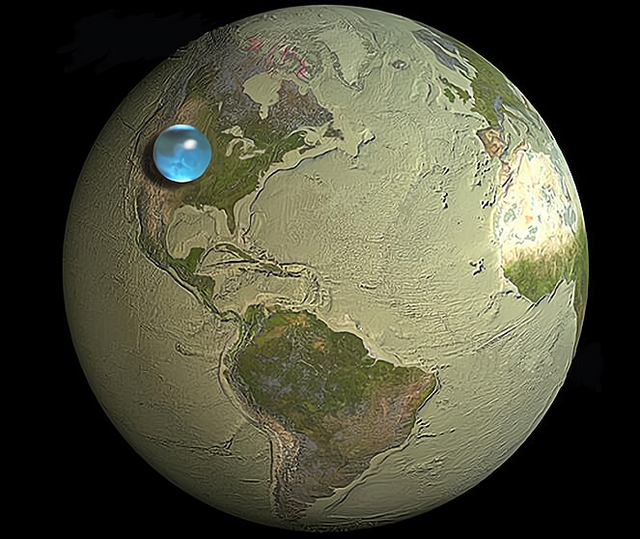
(the figure shows the approximate proportion of water on the earth's surface to the entire planet)
Normally, when we pour a small amount of water on the ground, it quickly seeps into the ground, so it would be logical that since there is so little water on the surface of the earth, this water should also quickly seep into the interior of the earth, but this is not the case. So the question arises: Why does not all the water seep into the ground, but remains on the earth's surface? How is the earth waterproof?
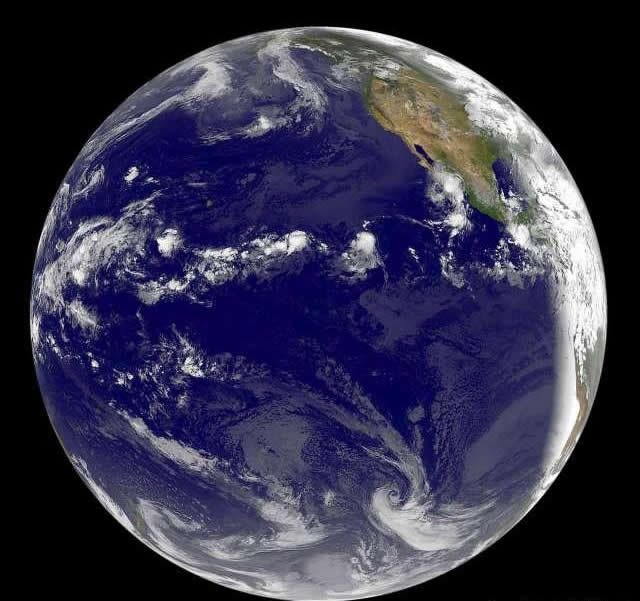
In physical terms, by infiltration we mean the diffusion of water molecules into structurally loose objects, where the main direction of water infiltration is downwards due to the earth's gravity. The earth's surface is mostly loose structured material, and even in the case of denser rocks, there are usually many gaps in them, so that water can infiltrate smoothly into the ground.
However, the earth is not a homogeneous sphere, and as the depth increases, the pressure inside the earth gradually increases, and with it the denseness of the material, making it increasingly difficult for water molecules to diffuse.
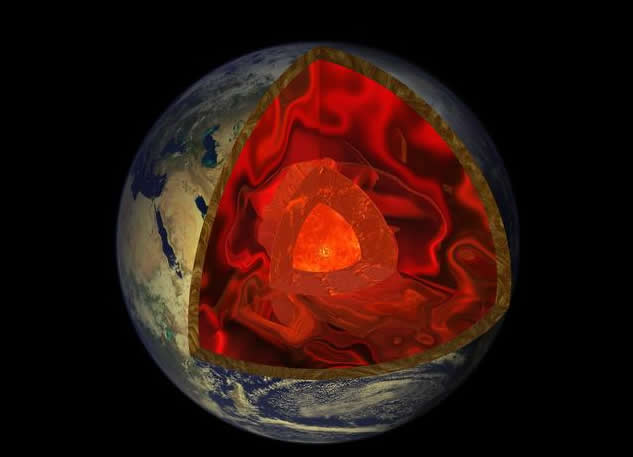
On the other hand, the temperature inside the earth is also uneven, as shown by the fact that the closer it is to the earth's core, the higher the temperature. Data from studies based on seismic waves show that for every 100 metres increase in the vertical depth of the earth, the temperature of the matter increases by 1 to 3 degrees celsius, and when it reaches the position of the earth's core, the temperature can be as high as 6000 degrees celsius, which is higher than the temperature of the surface of the sun.
As you can see, water from the earth's surface does seep into the ground, but the combination of these mechanisms makes it impossible for water to keep seeping down, and when a certain depth is reached, the high temperature, high pressure and high density of the earth's interior prevents water from continuing to seep underground. According to scientists' estimates, even in the best case scenario, water from the earth's surface can only seep down to a maximum of about 400 km below the surface.
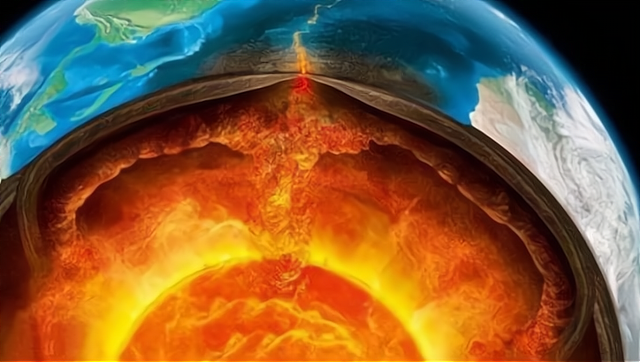
It is important to note that because the earth's interior has very limited space to hold water, the amount of water that seeps into the ground is only a small fraction of the total amount of water on the earth's surface, and once it has seeped into the ground, it will not be permanently 'swallowed' by the earth.
This water is converted to a gaseous or supercritical state by the high temperature of the subsurface, which increases its volume and creates additional pressure, after which some of it returns to the earth's surface along a gap in the crust, which, if located at the bottom of the sea, forms a peculiar submarine hot spring.
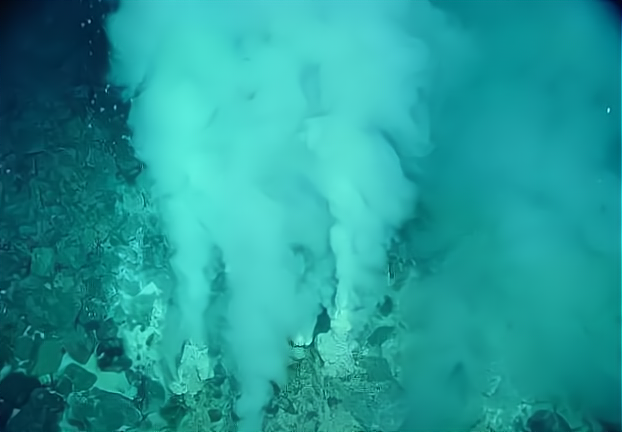
Of course, not all water that seeps into the ground returns to the earth's surface in time; if no outlet for pressure release is found, it will "Wander" With the geological activity within the earth and "Escape" From the earth's interior when it finds the opportunity. When they find the opportunity to do so, they will "Escape" From the earth's interior.
The earth's water resistance comes from the high temperature, pressure and density of its interior, but the surface of the earth is not watertight, and water does not remain permanently on the surface, but in fact seeps into the ground in small amounts, and the water that does seep into the ground continues to return to the surface, thus creating a dynamic equilibrium in which not all water seeps into the ground.

It is worth noting that there is a view that the earth generates 'centrifugal force' during its rotation, and that the water on the surface of the earth is thrown out from within by this 'centrifugal force', just as a washing machine dries its clothes. This may seem plausible, but it does not stand up to scrutiny.
Washing machines are able to fling water out of clothes because the drum inside the machine has a porous outer wall that allows water to pass through the holes by 'centrifugal force' while blocking the clothes.
The earth has no such structure, so all the matter that makes up the earth is subject to the "Centrifugal force" Generated by the earth's rotation, and if the "Centrifugal force" Is really strong enough to fling water out of the earth's interior, then if the "Centrifugal force" Was so strong that it could fling water out of the earth's interior, then the "Centrifugal force" Would be greater than the earth's gravitational force, in which case the matter on the earth's surface would have gone up into the sky.


